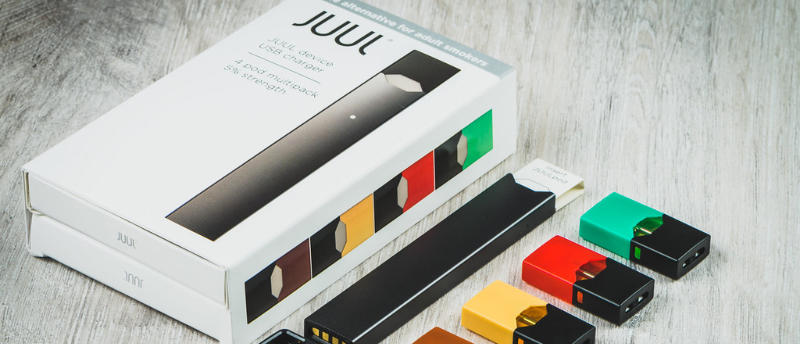
A scientific report on e-cigarettes prepared for the European is fundamentally flawed, according to the Independent European Vape Alliance (IEVA).
As part of the European Commission’s forthcoming review of the Tobacco Products Directive, the Scientific Committee on Health, Environmental and Emerging Risks (SCHEER) Committee was tasked with producing a scientific review of the health effects of e-cigarettes. On Sept. 23, SHEER adopted its preliminary opinion. The public consultation on the preliminary opinion closed on Oct. 26.
“While we welcome the initiative from the European Commission in taking a view on the science of electronic cigarettes, the draft report it has produced is fundamentally flawed,” IEVA wrote. “What is most striking about the draft scientific review is its failure to compare the risks of electronic cigarette use with the risks of smoking.”
In its response to the preliminary opinion, IEVA cited several areas of concern:
- The Committee has concluded that there is insufficient evidence that e-cigarettes are not a useful tool for smokers seeking alternatives, despite quoting two randomized control trials stating precisely the opposite.
- In its risk assessment, the Committee has not taken a risk-based approach at all, but rather a hazard-based approach. It states the potential risks of using e-cigarettes without even attempting to compare these with the risks from cigarette smoking, which are exponentially higher.
- The Committee has concluded that there is strong evidence that e-cigarettes act as a “gateway” to smoking. However, it has done so based almost exclusively on data from the United States, where an entirely different regulatory regime exists. The Committee also fails to acknowledge that smoking among young people has declined significantly: if vaping leads to smoking, then why are there not more smokers observed during the period where the e-cigarette market grew rapidly?
According to IEVA, the poorly founded conclusions undermine the utility of the report as a document upon which EU decisionmakers can make policy decisions in the best interests of Europeans.
Earlier this week, British American Tobacco voiced similar concerns about the SHEER report.



















